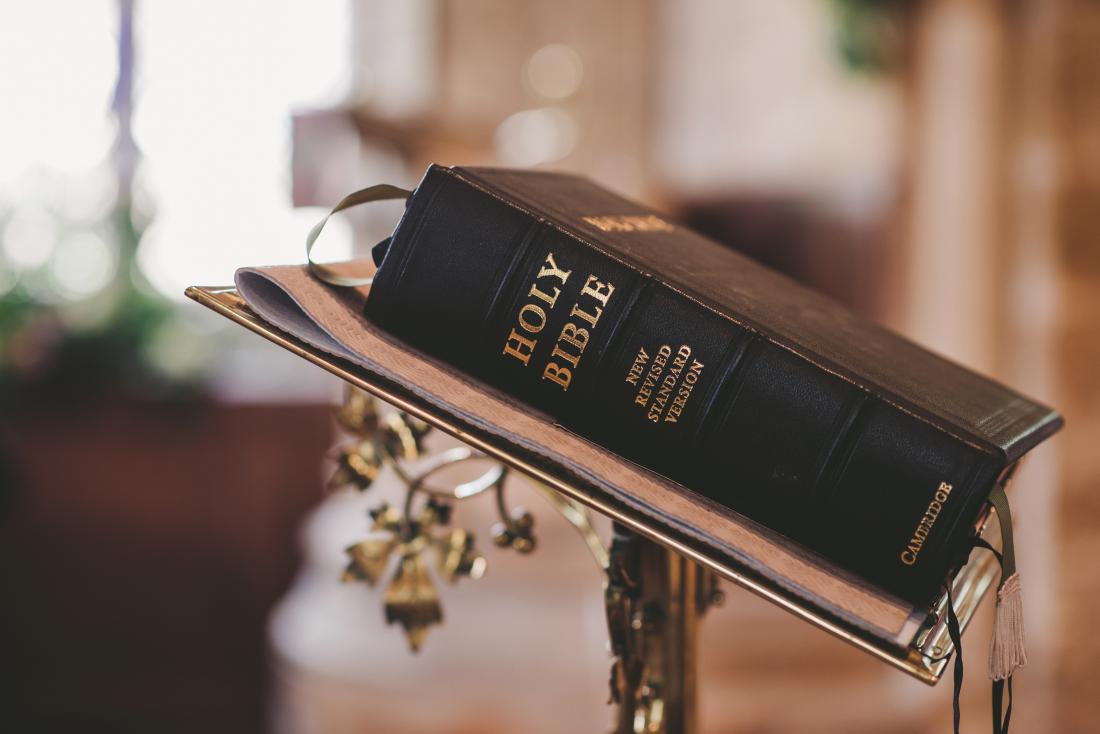
This is a financial burden, falling on owners of certain properties built within an area where the property lies within a parish containing a medieval church built before 1536.
This came about following the dissolution of monasteries by Henry VIII when the rectories acquired by monasteries came into lay ownership. A rectory is a reclamation or gift of land to support the priest serving a parish. Legislation made it clear that the new owners of the land had the same obligation to repair the church chancel (the part of the church upon which the alter and its immediate surrounds are built) as the monasteries once had.
If your home is affected by Chancel repair liability, you will be required to contribute towards the cost of any repairs to the Chancel of the nearby medieval church in question.
Chancel repairs can be costly, as Mr and Mrs Wallbank famously discovered in 1970 when they received a demand from their parish’s 13th century church to fund repairs stretching to the hundreds of thousands of pounds. After being embroiled in decades long legal proceedings to avoid payment, the couple lost their battle and were ultimately forced to sell their property to cover the enormous repair bill and hefty legal costs. The case comes as an important lesson and understandably, the potential for Chancel repair liability is something any homebuyer should be wary of.
Managing the Risk
Before 2013, as in the Wallbank’s situation, Chancel repair liability had an ‘overriding’ status. This meant that the liability was binding on any purchaser of an affected property – even if unaware of its existence. Due to the overriding status of the Chancel repair there was no need for the churches to register the liability to bind homeowners affected by the repairing liability, meaning inspection of title deeds by a buyer’s solicitor was not always enough to establish whether the liability applied to a particular property.
As a result of the potential risks and difficulty in determining the existence of the liability, a buyer’s solicitor would conduct a ‘Chancel repair search’ which reveals the likelihood of Chancel repair liability affecting the property.
On 13 October 2013, Chancel repair liability lost its ‘overriding status’ and fortunately all churches were required to register any liability for repairs to protect their right. This meant that churches benefitting from a lay owner’s Chancel repair liability would have had to have registered that right by October 2013. Failure by the church to register its entitlement by then means that the church has lost its right to claim repair of the Chancel.
Nonetheless, this change in the law does not provide complete peace of mind to property owners. Of course, any property which has already had a notice registered on the title in respect of Chancel repair liability will be affected by the ancient liability. Moreover, homeowners who continue to own a property that they purchased before 13 October 2013 or who acquired a property for no valuable consideration will continue to run the risk of a church registering liability on the title to the property.
For this reason, prudent solicitors continue to carry out a Chancel search to establish if the property in question is in a location where there is a potential for Chancel repair. If it is the owner has the opportunity either to conduct a full Chancel search to establish beyond doubt that a Chancel liability does exist or (more usually) the solicitor acting for a lender or purchaser of the land would recommend that insurance is taken out in respect of the liability – the cost of which is minimal compared to the potential risks surrounding Chancel repair liability.
However, if the property that you are buying (or securing a mortgage against) is registered and it is after 2013 there should be no need to carry out a Chancel repair liability search. The Land Registry official copies would show if any liability exists or if there is a pending application from the Church Commissioners. In cases, such as above, where a property has not been sold for valuable consideration, the cheapest option to make sure that there is no liability is to carry out a priority search at the Land Registry prior to exchange to protect against any registration subsequent and to keep up the priority until registration.
If, however, the property is unregistered then a search would be prudent for the reasons described above.
If you have any queries regarding chancel repair liability or other property matters, please contact Nick Morrison on 01494 893568.